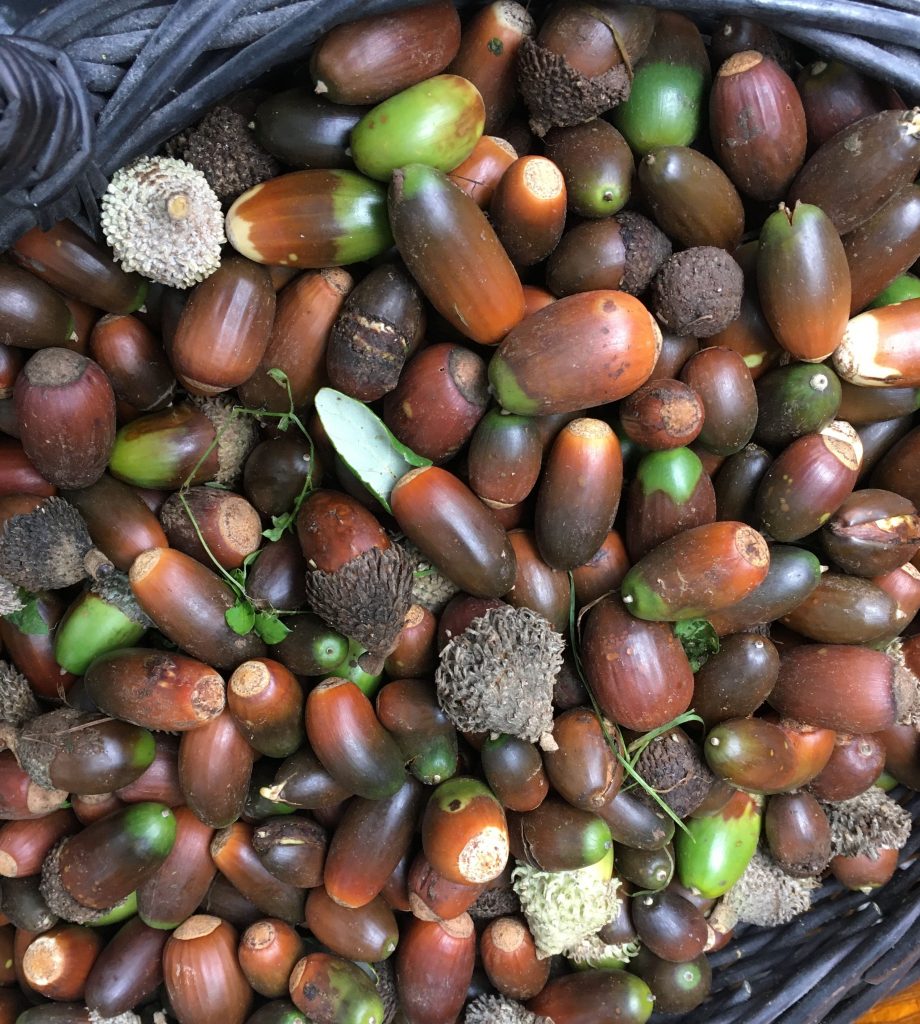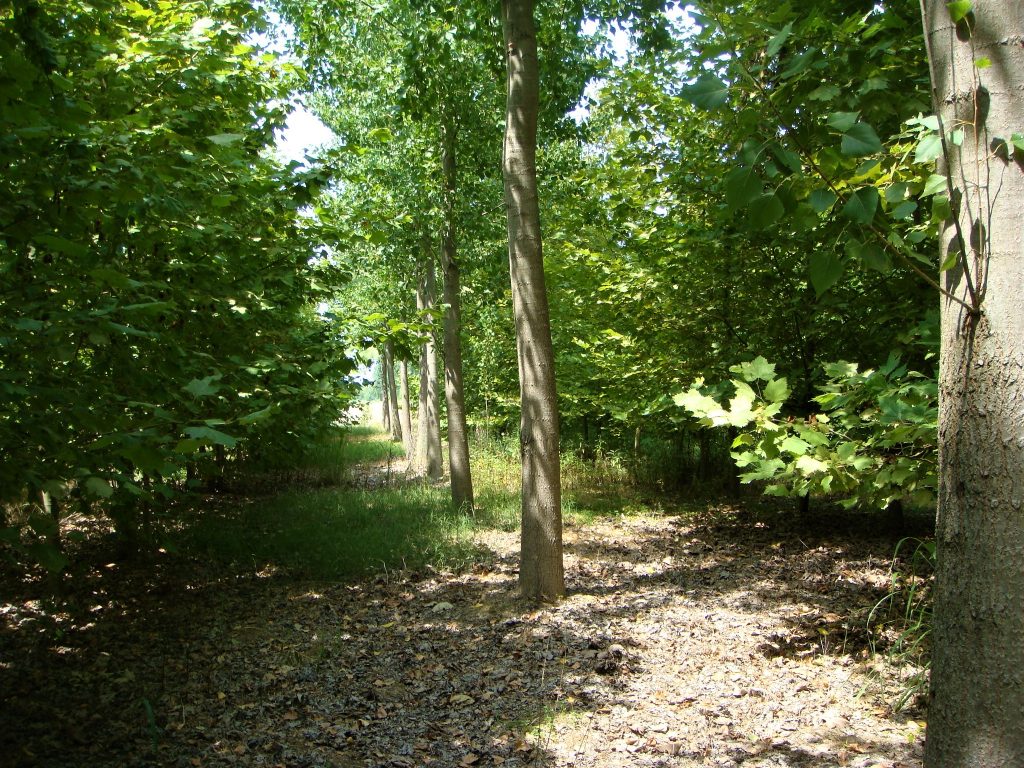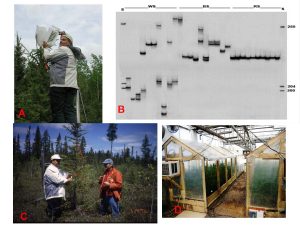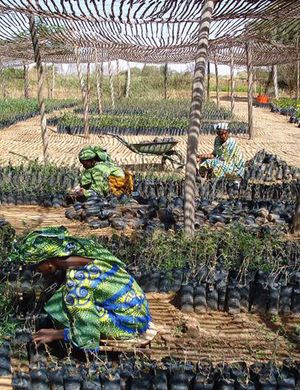IUFRO Spotlight #85 – Variety: the spice of life, also for future forests
IUFRO Spotlight #85 – Variety: the spice of life, also for future forests

Forests in the Mediterranean and similar biodiversity hotspot regions are degrading rapidly due to the interaction of multiple stressors – both natural and anthropogenic.
The accelerated degradation poses a serious threat to the diversity of forest genetic resources (FGR).
Read more…Spotlight #81 – Developing evidence-based cases for planted forests
Spotlight #81 – Developing evidence-based cases for planted forests

Plantation forests get a bad rap.
That’s the assessment of Christophe Orazio, who is coordinator of the IUFRO Task Force (TF) on Resilient Planted Forests and, after having led the Planted Forests Facility of the European Forest Institute (EFI-PFF) until its closure in 2019, is now director of the European Institute for Cultivated Forest (IEFC).

Plantation forests get a bad rap.
That’s the assessment of Christophe Orazio, who is coordinator of the IUFRO Task Force (TF) on Resilient Planted Forests and, after having led the Planted Forests Facility of the European Forest Institute (EFI-PFF) until its closure in 2019, is now director of the European Institute for Cultivated Forest (IEFC).
Forest science is alive and well: 10 points from IUFRO 2017
NOTE: This text is reblogged from Boris Rantaša’s blog post at https://rantasa.me/2017/09/26/forest-science-is-alive-and-well-10-points-from-iufro-2017/
***********************************************************
September 26, 2017 – BORIS
From 17. to 22. September 2017 I took part in the IUFRO 125th Anniversary Congress in Freiburg, Germany. IUFRO stands for International Union of Forest Research Organization and is the oldest scientific union in the world. The congress presented the state of the art in forest research, development and practice.
I have tried to sum up what I learned at the congress in the 10 points below: Read more…
IUFRO 125th Anniversary Congress Spotlight #55: Genetics research crucial to future forest health, adaptation, conservation and sustainable management
“The role genetics/genomics research can play in forest management is huge but, unfortunately, remains under-utilized,” said Dr. Om Rajora, Professor of Forest Genetics and Genomics at the University of New Brunswick, Canada.

A. Controlled pollination in black spruce to produce F3 progeny at Petawawa Research Forest; B. DNA fingerprints of 10 individuals each of white spruce (WS), black spruce (BS) and red spruce (RS) at a genic microsatellite showing genetic diversity; C. Sampling of old-growth and post-harvest second-growth black spruce to examine the genetic effects of forest harvesting and renewal practices in Manitoba (Rajora and Pluhar 2003, Theor. Appl. Genet. 106: 1203-1212); D. Testing of three-generation outbred pedigree of black spruce under ambient and elevated CO2 conditions for QTL mapping of traits related to acclimation and adaptation to climate change. All pictures were taken by Dr. Om Rajora or his associates.
“Genetics/genomics research can greatly assist the management of natural and planted forests by conserving healthy, productive, well-adapted and genetically diverse natural forest and developing high yielding tree varieties with desired traits for deployment in plantations,” he said.
Dr. Rajora is the organizer and coordinator of a session entitled Genetics and Genomics for Conservation, Climate Adaptation and Sustainable Management of Forests to be presented at the IUFRO 125th Anniversary Congress in Freiburg, Germany in September. Read more…
Spotlight #27 – Genes the means to screen future forest scene
Genes the means to screen future forest scene
Forest ecosystem restoration is a critical component in tackling climate change, combatting biodiversity loss and desertification, and for providing products and services that support livelihoods at a local level.
For those reasons, restoring and rehabilitating forests and degraded lands will be one of the major environmental challenges of this century.
But, as a recent thematic study coordinated by Bioversity International, a IUFRO Member Organization, for the Food and Agriculture Organization of the United Nations – Genetic Considerations in Ecosystem Restoration Using Native Tree Species – notes, there is more to forest restoration than simply planting trees.

